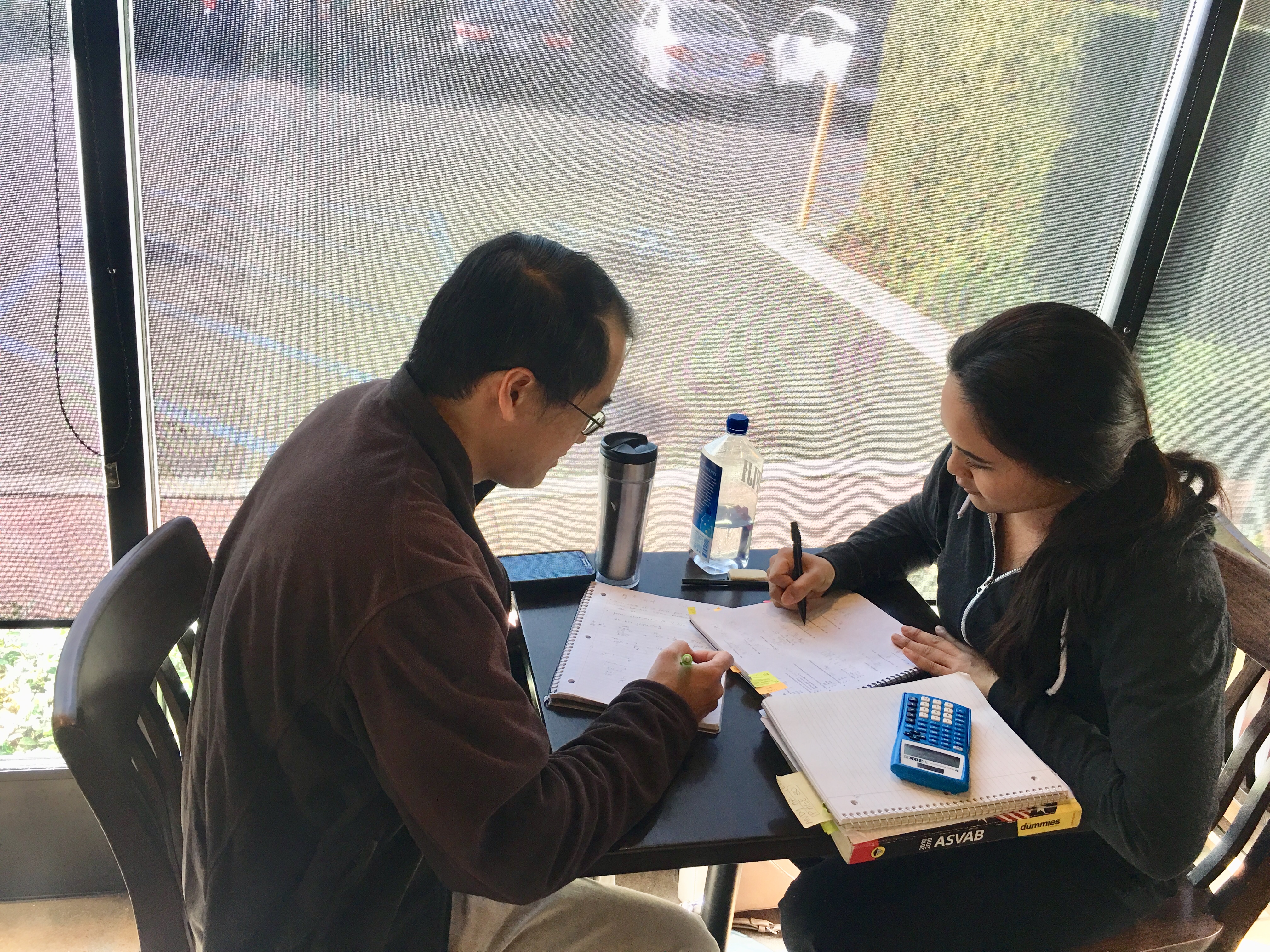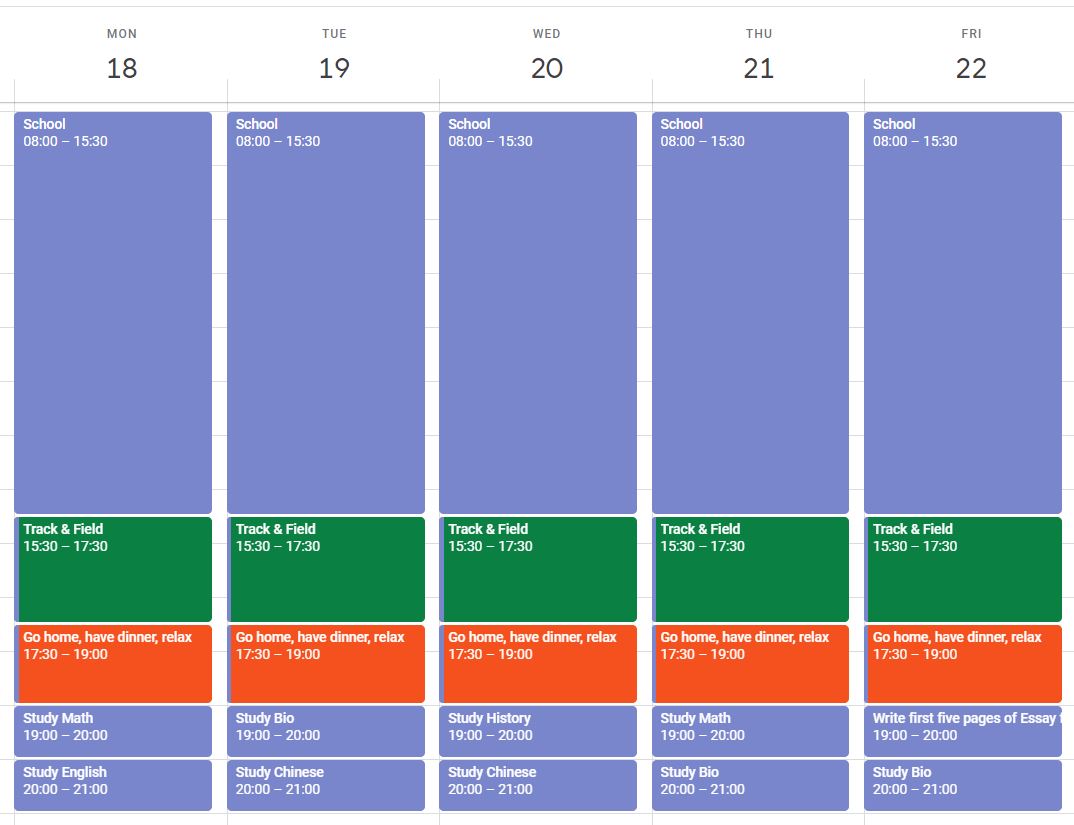Study Tips - The A STEM Tutoring Method
There is no magic formula that will guarantee academic success. As in most areas of life, hard work, discipline, focus, and dedication to accomplishing a given task or learning a given skill are required for academic success. The following are a few tips that I have gleaned from my extensive time in academia which will help you succeed in school as you study math or engineering.
1 – GO TO CLASS. The number one reason students flunk out of college is that they did not bother to attend class, and therefore did not learn the material necessary.
2 – ASK QUESTIONS. If you need help, ask. There is no shame in asking questions or asking your instructor for help with understanding the material. Often at the college level, professors will have open office hours where any students can come to them with any questions. Take advantage of those office hours, and go ask your professors lots of questions so that you gain a good understanding of the material. This will help you not only succeed in the class, but will be useful if you need to ask the professor for a recommendation letter. If all you do is attend class, maybe all that the professor will write in a recommendation is “John took my class. He got an ‘A’.” If you talk to your professor regularly so that he or she gets to know you better, the professor will be able to write a better, more-detailed, recommendation letter for you.
3 – SAVE COPIES of all your homework, notes, exams, and especially term papers or projects. You may need to refer to these later for study purposes, and a professor may ask you for a paper when you ask them for a recommendation. For example, one time when I asked a political science professor for a recommendation, he asked me to provide a copy of the term paper I had written in his class. Also, many jobs and graduate programs will require that you submit writing samples, so if you save your term papers you can just cherry pick the best paper(s) to submit as writing samples.
4 – READ AHEAD. Usually at the beginning of the term the professor will give you a syllabus that outlines the schedule of material to be covered in class. For example, before the class session where the professor will discuss Maxwell’s Equations, read the textbook chapter on Maxwell’s Equations and take notes or write down questions about things you do not understand. When you see this material in class, it will be the second time you are seeing it, not the first, and it will make a lot more sense and sink into your brain much better.
5 – START STUDYING FOR THE FINAL EXAM FROM DAY ONE OF CLASS. Make a habit of studying daily, doing a little bit each day so that you are not rushing and cramming at the very end of the term. This will make life much more bearable for you.
6 – DO LOTS OF PRACTICE PROBLEMS. This is the best way to study math or engineering. For example, when I took basic physics, to prepare for an exam I would find a quiet spot in the library and do all of the odd-numbered problems in the textbook (the odd-numbered problems had the answers in the back of the book so that I could check my answers).
7 – STUDY WITH FRIENDS, but do not leech off of them or let them leech off of you. You do the problems, your friends do the problems, and then you compare answers. If you both worked independently and got the same answer, you probably got the problem right. If your answers differ, one or both of you are wrong. Similarly, if you can do a given problem two different ways (for example, solving a circuit problem first with mesh analysis and then with node analysis) and get the same answer, you probably got it right. If the answers differ, you need to check your work again.
8 – STUDY SOMETHING YOU ENJOY. If you enjoy what you are studying, you will be motivated to work hard to learn the material and will do better in the class, and you will do better when you eventually get a job in that particular field.

Time Management
Some students may struggle with procrastination, and getting things done in general. I know that in high school I had moments like that. We all can fall prey to it. I recommend the following steps to help deal with this:
1 – LIST ALL TASKS. At the beginning of the week (e.g. Sunday afternoon or evening) make a complete list of everything that needs to get done that week – studying, homework, writing the first few pages of a term paper, and so on. Break large tasks (e.g. a 20 page term paper) into smaller tasks that can be discretely scheduled into a given week (e.g. completing the outline, or looking up at least 4 sources, or writing the first 2-4 pages of the term paper).
2 – ESTIMATE. Estimate how long each task will take. By the time you are in high school, you already know enough to make a reasonable guess as to how long given academic tasks will require.
3 – SCHEDULE IT IN. Use a calendar (either paper or electronic e.g. Google Calendar) and schedule in everything. Make sure to schedule in time for breaks, leisure, eating, showering, sleeping – everything. Also leave some safety margin each day, in case certain tasks take longer than expected or unforeseen difficulties arise.
4 – GET IT DONE! As the week progresses, make sure you stick to the schedule you created for yourself. Ask a friend or family member to help keep you accountable.

